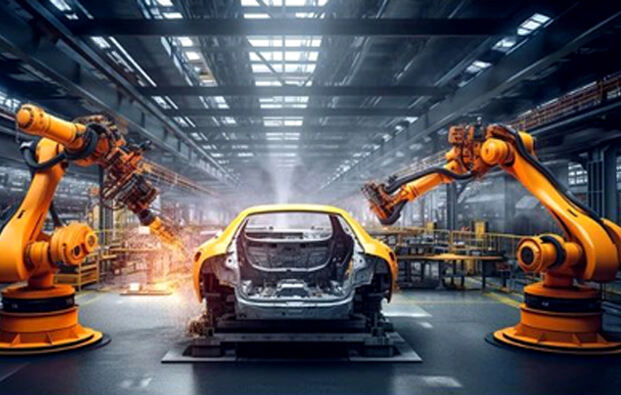Advantages of Laser Welding Compared to Traditional Welding Technologies 1. High Depth-to-Width Ratio Laser welding achieves deep penetration with a narrow weld seam and a small heat-affected zone. The depth-to-width ratio can reach u...
Contact Us
Advantages of Laser Welding Compared to Traditional Welding Technologies
1. High Depth-to-Width Ratio
Laser welding achieves deep penetration with a narrow weld seam and a small heat-affected zone. The depth-to-width ratio can reach up to 20:1.
2. Fast Welding Speed
The high energy density of the concentrated beam allows for fast heating, melting, and solidifying processes, yielding high efficiency. The maximum welding speed for 1mm thin sheets can reach up to 20m/min.
3. Wide Range of Weldable Materials
Laser welding can be applied to the same metal, dissimilar metals, and even non-metal materials like ceramics.
4. Minimal Thermal Deformation and High Weld Quality
The high power density of the beam leads to lower heat input, resulting in minimal thermal deformation of the workpiece. This helps reduce manufacturing costs and prevents grain growth in the weld joint, thereby improving joint performance.
5. Strong Process Adaptability
Welding parameters are easy to precisely adjust, and accessibility to the welding position is excellent.
6. High Power Density and Low Energy Consumption
Laser Welding Configurations
| Laser Welding Configurations | |
| 1500w laser source |
Single Swing Welding Head |
| 1500w laser source |
Dual Swing Welding Head |
|
2000W Laser source |
Single Swing Welding Head |
| 2000W Laser source | Dual Swing Welding Head |
| 3000W Laser source | Dual Swing Welding Head |
Features of DMK Robot Models
1. Increased payload capacity to 12KG, enhancing stability while maintaining speed.
2. Factory-calibrated for precision using Leica laser calibration instruments, significantly improving accuracy.
3. Novel appearance, providing the robot with a high level of aesthetic appeal.
Laser Welding Process Kit
The controller welding process package is newly upgraded to optimize the original functions and introduce a laser-specific welding process package. Combining laser, wire feed and robot motion control into one package, it simplifies the control method and enhances the control capability.